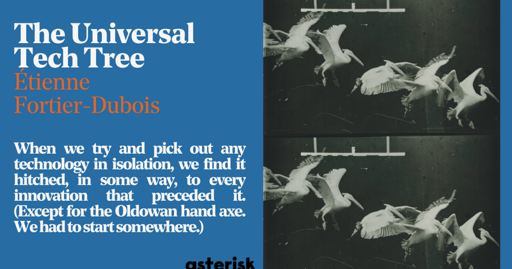Dyson Has Killed Its Bizarre Zone Air-Purifying Headphones
-
This post did not contain any content.
-
This post did not contain any content.
I’m pretty sure Dyson killed these themselves the moment they turned these from concept to product.
-
This post did not contain any content.
high-tech gimp mask
Okay, I wasn't sure how to describe this... This is perfect.
-
This post did not contain any content.
I just hope they continue working on the air filtering butt plug because my friends and family are having a tough time being around me after dinner.
-
This post did not contain any content.
How much coke were they on when they came up with those?
-
This post did not contain any content.
Ironically their timing was almost spot-on for COVID... I could see these being somewhat useful for air travel, for example.
-
I’m pretty sure Dyson killed these themselves the moment they turned these from concept to product.
That and Dyson might just be preemptively killing it in the wake of the FTC forcing Razer to refund buyers of its smart mask
-
How much coke were they on when they came up with those?
Just slightly less than when they came up with a fan that doesn't buffet you with air as though that's not what you want from a fan.
edit: For the low low price of....C$500??!
-
This post did not contain any content.
who cares
-
This post did not contain any content.
Their headphones are unironically the best in the market so if those headphones stay I'm Gucci
-
Ironically their timing was almost spot-on for COVID... I could see these being somewhat useful for air travel, for example.
That... was the gimmick...
-
Ironically their timing was almost spot-on for COVID... I could see these being somewhat useful for air travel, for example.
Uh... That's why they made them.
-
That and Dyson might just be preemptively killing it in the wake of the FTC forcing Razer to refund buyers of its smart mask
Almost 7 thousand people bought one?! That's crazy, it was a meme product!
-
This post did not contain any content.
Those were dead before they were released.
-
This post did not contain any content.
Well, great. Now what will I wear to look like a total idiot in public.
-
This post did not contain any content.
“I’ll be completely honest, quite often we work in an obsessive nature," says Jake. "We want this product. We want to make this thing. Sometimes before actually evaluating what the market response might be. And the market didn’t exist. So you’ve got to take those risks.”
So they did 0 market study, decided to build a gas station on the peak of a mountain and now marvel how nobody came.
Moron.
-
This post did not contain any content.
For a second, my brain pictured these combined with the only dynamics it knows from Dyson - the air blade thingies. It had a good chuckle picturing me getting a vigorous jet of air right in my schnozz.
Edit: may make for a pretty good decongestant, just, uuh... pray you like the taste of mucus...
-
Almost 7 thousand people bought one?! That's crazy, it was a meme product!
It wasn’t being marketed and sold as a meme product. It was being marketed and sold as critical safety equipment.
On top of that, it was being sold during a pandemic when such equipment was being used continuously by large segments of the population.
It shouldn’t be surprising that large numbers of people bought it; the company selling it lied to those people to trick them into buying it.
-
That... was the gimmick...
It would be easier to just let us all know you didn't read the article.
At the time [product launch in 2022] he was bullish about the Zone’s chances: “After six years in development, we’re excited to deliver pure air and pure audio, anywhere.”
-
I just hope they continue working on the air filtering butt plug because my friends and family are having a tough time being around me after dinner.
If only there was a way to reuse vape pens for something useful/funny






